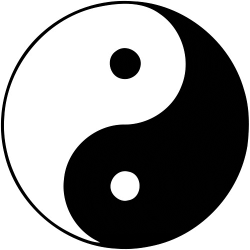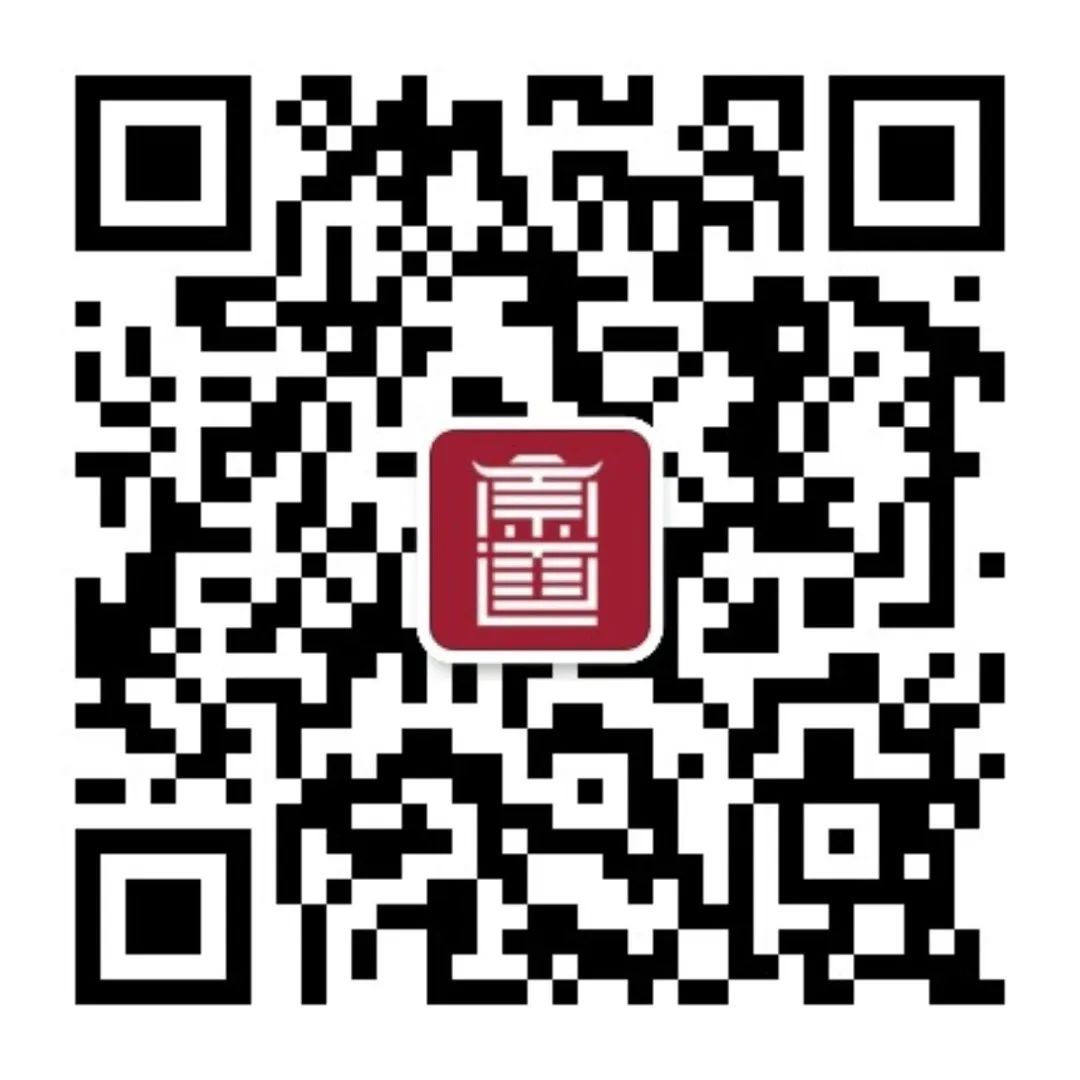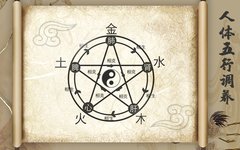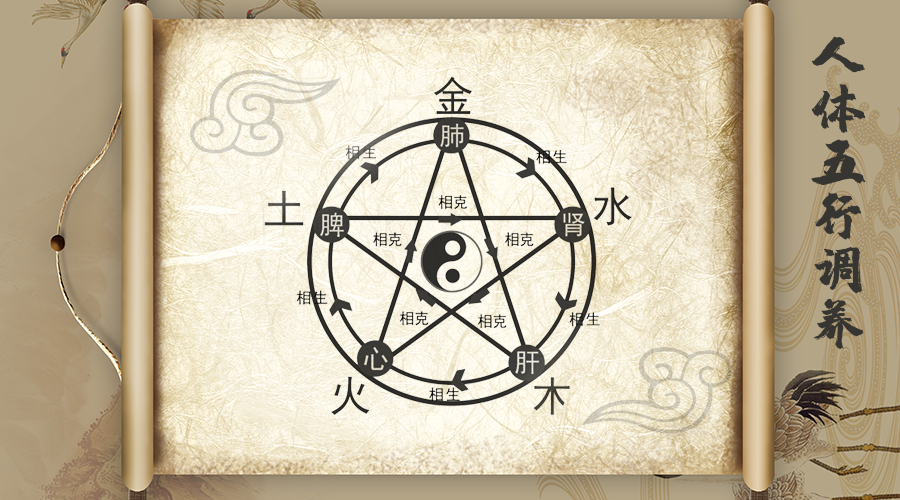
The five organs are all “born with a purpose,” each fulfilling its role.
As noted by Zhang Zhizong in the Qing Dynasty in “Lüshan Hall Classifications”: “The energies of the five organs are all interconnected.” The five organs have an inherent connection in physiological activities and pathological changes, forming a relationship of mutual generation and restriction.
1. The Concept of Mutual Generation Among the Five Organs in TCM
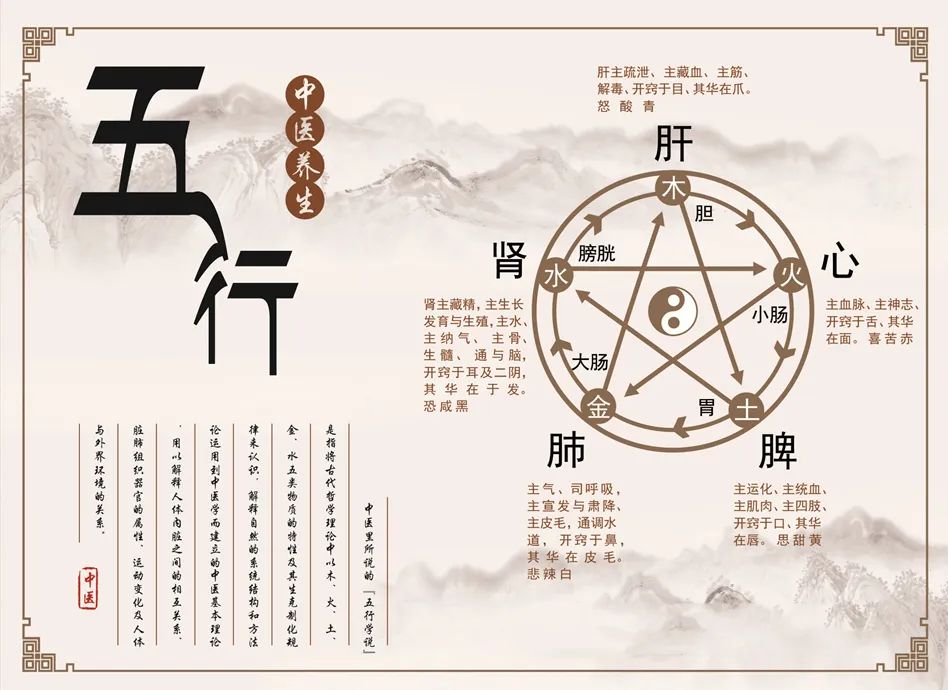
Due to the correspondence of the five elements (Wood, Fire, Earth, Metal, Water) to the five organs (Liver, Heart, Spleen, Lung, Kidney), TCM states that “Wood generates Fire, Fire generates Earth, Earth generates Metal, Metal generates Water, Water generates Wood.” Here, “generate” implies nurturing, promoting, assisting, and supporting. Sometimes, this relationship is referred to as a mother-child relationship, similar to a mother giving birth to a child.
For example, Fire generates Earth; Fire is the mother of Earth. Correspondingly, the Heart is the “mother” of the Spleen, as the Heart supports and promotes the functions of the Spleen.
If a patient with myocardial infarction collapses in the restroom, one possibility is excessive straining during defecation;
another possibility is overeating. In TCM, Qi is divided into Yuan Qi (Original Qi), Zong Qi (Ancestral Qi), Ying Qi (Nutritive Qi), and Wei Qi (Defensive Qi), all emphasizing that life depends on Qi. The maintenance of health also relies on this Qi. If one overeats, the Spleen and Stomach will require more Qi to digest the food.
We know that Heart Fire generates Spleen Earth, forming a “mother-child relationship” between the Heart and Spleen. During the digestion of food, if the Spleen and Stomach require more Qi, they will “steal Qi” from the Heart, a phenomenon known in TCM as “the child stealing the mother’s Qi,” meaning the child takes Qi from the mother, which can lead to insufficient Heart Qi and subsequently cause heart disease.
Therefore, patients with heart disease must pay attention to two points: first, avoid constipation; second, it is best to eat until 70-80% full.
In the context of seasonal health, the principle of mutual generation among the five organs is even easier to understand.
For instance, according to TCM, the Liver, Heart, Spleen, Lung, and Kidney correspond to the five seasons: Spring, Summer, Late Summer, Autumn, and Winter. After Spring comes Summer; Wood generates Fire, meaning the Liver nourishes the Heart. If the Liver can nourish the blood well in Spring, the heat and excessive Yang Qi in Summer can be alleviated, leading to a balance of Qi and blood. Similarly, after Autumn comes Winter; Metal generates Water, and the Lung’s clear Qi can descend to nourish the Kidney, laying a good foundation for the storage of Yang Qi in Winter.
2. The Concept of Mutual Restriction Among the Five Organs in TCM
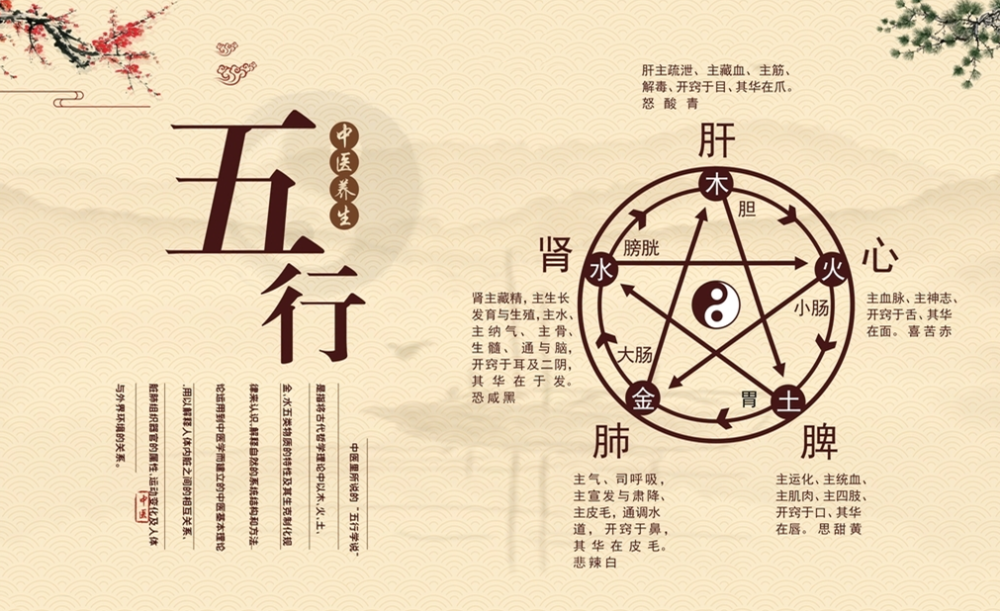
“Wood restrains Earth, Earth restrains Water, Water restrains Fire, Fire restrains Metal, Metal restrains Wood.”
This manifests in the human body as: the Lung (Metal) can clear and descend Qi, which can suppress the Liver (Wood) Yang’s excess, meaning Metal restrains Wood; the Liver (Wood) can regulate and relieve the Spleen (Earth) from stagnation, meaning Wood restrains Earth; the Spleen (Earth) can transform and prevent the Kidney (Water) from flooding, meaning Earth restrains Water; the Kidney (Water) can ascend and prevent the Heart Fire from becoming excessive, meaning Water restrains Fire; the Heart (Fire) can generate Yang heat, which can restrict the Lung (Metal) from becoming overly clear, meaning Fire restrains Metal.
The application of mutual generation and restriction among the five organs in disease prevention and treatment is emphasized in TCM. Nowadays, there is a focus on “preventing disease before it occurs,” emphasizing prevention as the primary approach.
As stated in the “Essentials of the Golden Chamber”: “When observing liver disease, one should recognize that liver issues can affect the Spleen, and thus one should first strengthen the Spleen.”
This means that when liver disease is observed, it should be recognized that liver issues can easily affect the Spleen, and while treating the liver, one should first tonify the Spleen. Since Wood restrains Earth, liver disease can covertly harm the Spleen. If one organ is diseased, it can affect others.
This reflects the principle of “preventing disease before it occurs,” aiming to ensure that the Spleen’s righteous Qi is robust and not subject to invasion. Conversely, if one sees liver disease and does not recognize the need to tonify Spleen Qi, but only treats the liver, this lacks a holistic treatment approach and will naturally not yield satisfactory results. Wood generates Fire, and the Liver is the mother of the Heart; liver disease can also affect the Heart, and this applies to other organ diseases as well.
According to the mutual generation relationship of the five elements, TCM has the treatment principle of “tonifying the mother and draining the child,” meaning “if deficient, tonify the mother; if excess, drain the child.” For example, if the Liver is deficient, tonify the Kidney, as Water generates Wood, and the Kidney is the mother of the Liver. Thus, tonifying Kidney Water can generate Liver Wood, a method known in TCM as “Nourishing Water to Contain Wood,” which uses the tonification of Kidney Yin to nourish Liver Yin, suitable for conditions of Kidney Yin deficiency and insufficient Liver Yin.
Furthermore, Liver and Kidney Yin deficiency is the fundamental pathogenesis of diabetes, hypertension, and stroke; therefore, these conditions require simultaneous treatment of the Liver and Kidney. For instance, if there is excess Liver Fire, it is essential to maintain a calm mood, and one can consume bitter melon to reduce Heart Fire.
Based on the restriction relationship, TCM has the treatment principle of “suppressing the strong and supporting the weak,” meaning to drain the strong restrainer and tonify the weak restrained.
For example, if the Liver restrains the Spleen, and the Liver Qi is excessive, it must be drained, while the Spleen Qi is deficient and must be tonified. This balance of draining and tonifying allows for the equilibrium of Yin and Yang, leading to health.
In summary, within the holistic view of TCM, the human body is a unified entity centered around the Heart, with the five organs as its core. Although each organ has its own responsibilities, none can exist independently of the others.


•2023 Year of the Rabbit: Detailed Analysis of the Zodiac’s Fortune! Come see how your year will unfold!
•TCM: Frequently Dreaming? Discover the Connection Between Dreams and Health!
•TCM: Early Summer Health Tips You Must Know!
•Eat Radishes in Winter and Ginger in Summer, No Need for a Doctor’s Prescription!
•TCM: Activate This Area to Keep Serious Illnesses at Bay!
•Learn About TCM’s Health Principles from Six Perspectives!
•TCM: For Those Who Often Stay Up Late, This Tea Recipe is a Must-Have!
•TCM: This Herb Absorbs the Essence of the Earth to Help You Cultivate Your Roots!
•Eight Life-Saving Keys in TCM Everyone Should Master!
